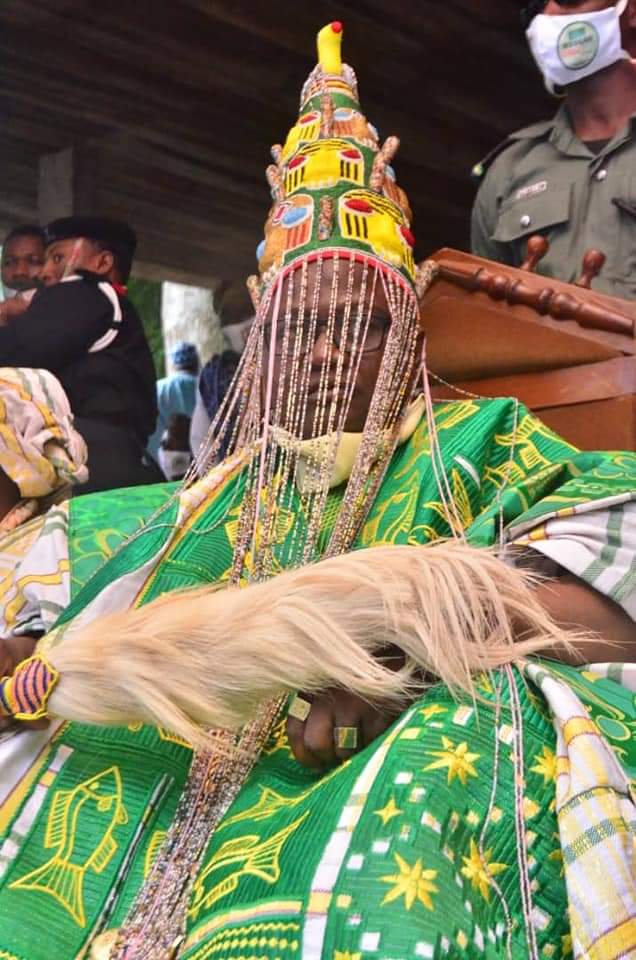[ad_1]
Livelihood programmes for the 11 frontline states of Adamawa, Bauchi, Borno, Gombe, Jigawa, Katsina, Kano, Kebbi Sokoto, Yobe and Zamfara have been cut down by 60 per cent in the 2023 proposal by the National Agency for the Great Green Wall (NAGGW) to the National Assembly for approval.
“Promotion of alternative livelihoods” aimed at providing measures to mitigate the challenges of climate change by rural dwellers in communities in these states had about N126m allocation in the 2022 budget.
However, in its proposal for funds to further carry out the promotion of alternative livelihoods in its mandate areas, the NAGGW proposed N50 million to execute the task in the 2023 fiscal year.
The Agency was established in 2015 as an initiative against land degradation, and desertification in the 11 frontline states and to also boost security with its tree crops and preservation of the land for agricultural purposes.
The livelihood project has consistently been captured under the “Economic Recovery Growth Plan (ERGP)” under the code 19105077 and has attracted investment of not less than N400m since 2019.
ERGP was launched in 2017 to focus on development that enables the government to drive development and empower Nigerians.
In the Covid year, the government appropriated N142,913,393 for the promotion of alternative livelihoods. Another N 141,067,454 was appropriated for 2021 and reduced to N125,981,003.
The latest drop in the funding proposed by the NAGGW for the promotion of alternative livelihoods to N50,080,200 represented a 60 per cent drop from the 2022 appropriation.
It would be recalled that the Nigerian Tribune had reported earlier that NAGGW said activities carried out to promote livelihoods involved the training of 55 communities in tailoring, knitting soap and perfume making, rearing and flattening of small and large ruminants.
ALSO READ FROM NIGERIAN TRIBUNE
2023: NAGGW proposes N50m for livelihood programme in 11 frontline states
[ad_2]








